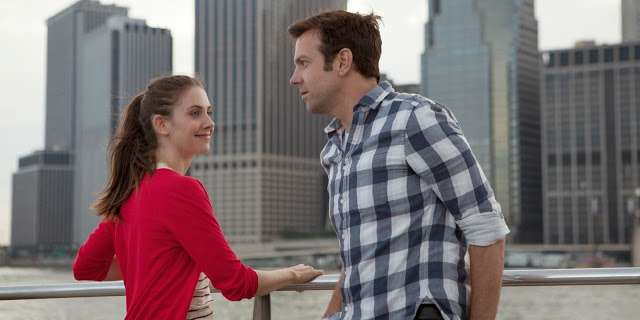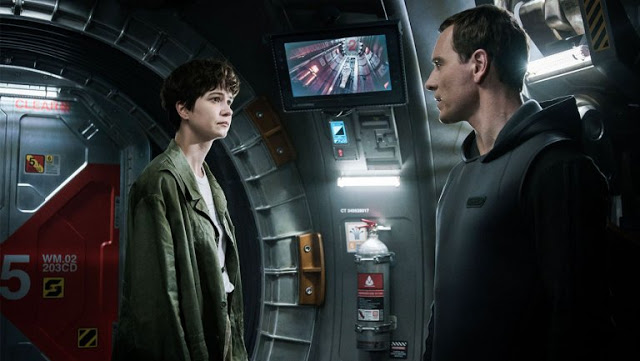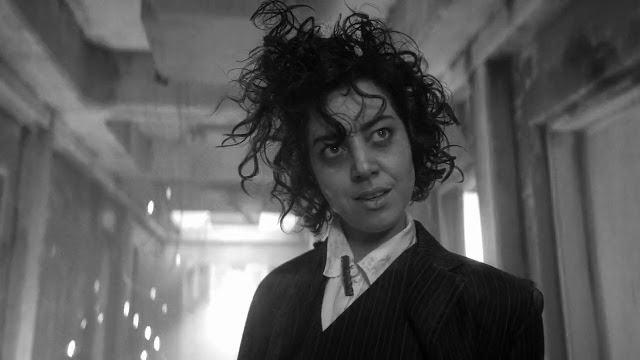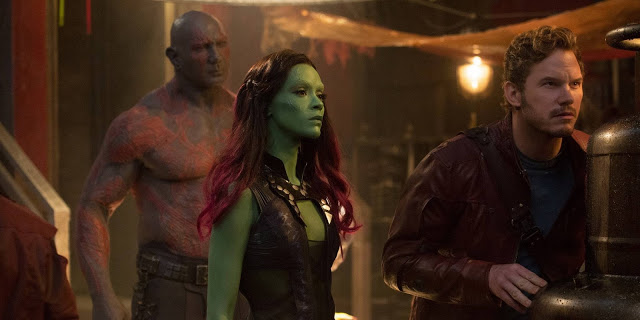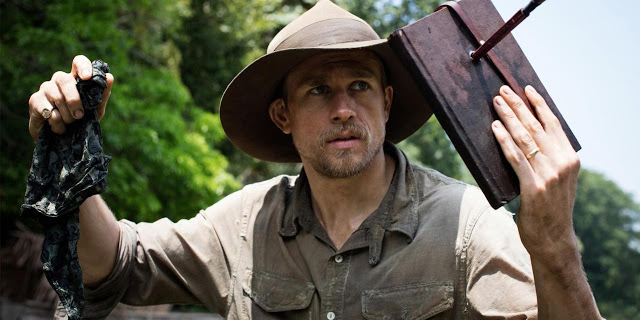Under the Streaming Radar: 20 Good Little-Seen Movies You Can Watch Right Now
Every week, my father and I discuss which new movie(s) we’re going to see in the theater during the upcoming weekend. Last week, however, the conversation didn’t last long, as the two high-profile new releases—the fifth entry in a moribund blockbuster franchise and a big-screen adaptation of a hacky ’90s TV show—barely reached 50% on Rotten Tomatoes combined. Frustrated over the lack of quality options at the multiplex, my father grumbled, “Thank God for Netflix.”
Sarcasm aside, my father’s faux-religious praise for a multimedia company spoke to the behavioral trend that’s been emerging among American adults over the past decade: We don’t like going to the movies anymore. Of course, that isn’t strictly true; though the total number of tickets purchased may have stagnated, we still gave theaters more than $11 billion of our money last year, so let’s not eulogize the communal moviegoing experience just yet. But the appeal of the streaming service—a mode of viewing that combines a broad selection of options with the convenience of never leaving the couch—exerts a strong pull on many grown-ups (particularly those with young children). Why go through the hassle of hiring a sitter when you can just rip through three episodes of Master of None or Thirteen Reasons Why after the kids are in bed? Read More

